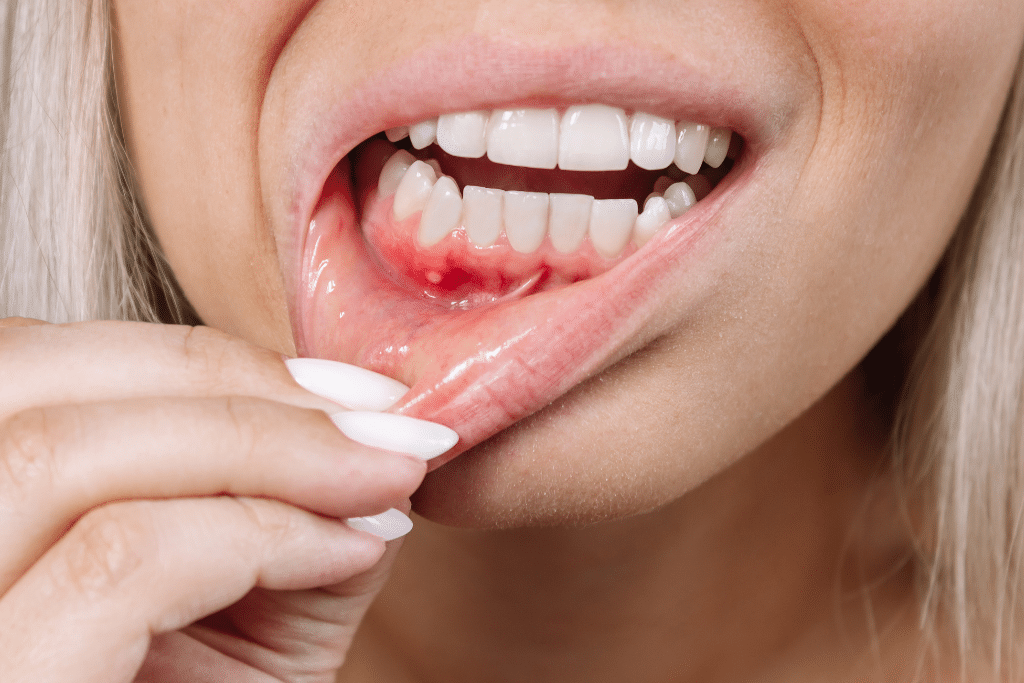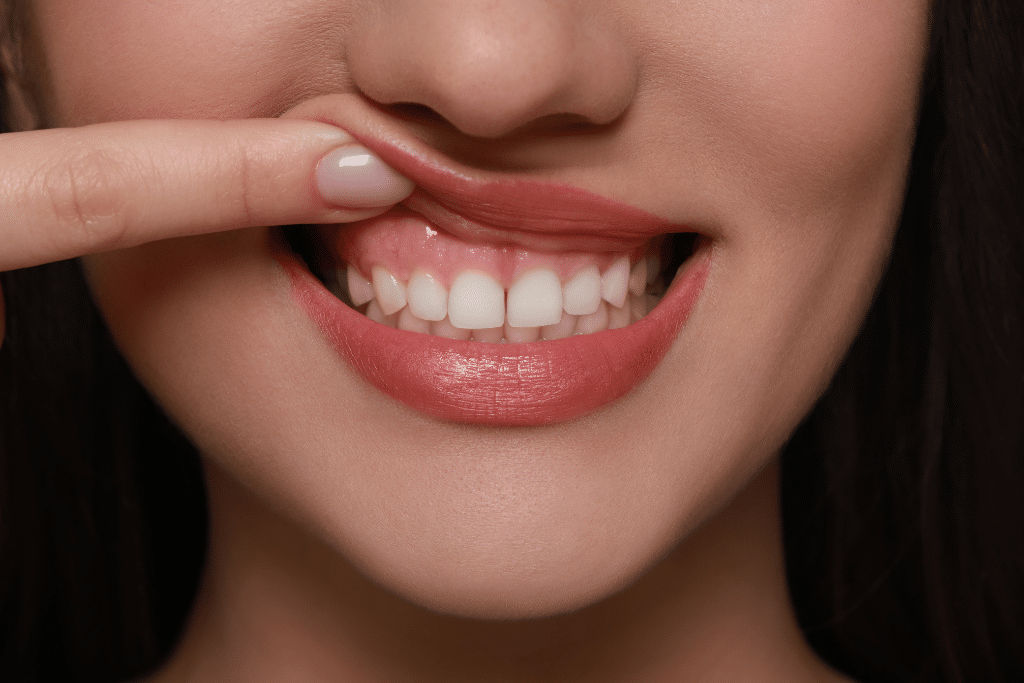Can Diabetes Affect Your Teeth? The Risks and What to Do


Diabetes is a big deal for millions of people around the world and affects many aspects of their health. One area that gets overlooked is how diabetes can affect teeth. Understanding the connection between diabetes and dental problems is key to overall health. This will cover how diabetes affects teeth, the risks, and what to do.
Can Diabetes Affect Your Teeth?
Yes, diabetes can affect your teeth and gums in many ways. High blood sugar creates an environment where bad bacteria thrive and cause dental problems like gum disease and tooth decay. Because of high blood glucose levels, people with diabetes are more prone to cavities and gum disease. Blood sugar control is key to keeping your mouth healthy and preventing these issues.
Gum Disease and Diabetes
Gum disease, also known as periodontal disease, is a common problem for people with diabetes. High blood sugar damages blood vessels and reduces blood flow to the gums, making them more prone to infections. This can lead to gum disease, where the gums pull away from the teeth, forming pockets that can become infected. Symptoms are bleeding gums, red patches and persistent bad breath. Periodontal disease can lead to tooth loss and other serious health problems.
Tooth Decay and Diabetes
Tooth decay is another big problem for people with diabetes. The extra sugar in saliva breeds bad bacteria, tooth decay, and cavities. Dry mouth, a common condition in diabetics, makes it worse by reducing saliva flow, which normally washes away food particles and neutralises acids produced by bacteria. This combination makes dental maintenance and regular checkups crucial to prevent more tooth decay.
Oral Health Challenges for Diabetics
People with diabetes have several oral health challenges. A dry mouth can lead to a lack of saliva, making it hard to fight infections and increasing the risk of fungal infections. Fungal infections, like oral thrush, cause white patches, redness, and soreness in the mouth and can be treated with antifungal medication.
The mouth’s soft tissues and blood vessels can also be affected, causing painful sores and an increased risk of infections. Oral health with diabetes requires extra care, regular dental visits, a soft-bristle toothbrush, and dental floss.
Maintaining Mouth Health with Diabetes
Good oral hygiene is key to healthy teeth and gums. This means brushing twice daily with a soft-bristle toothbrush, flossing between the teeth, and regular dental visits. People with diabetes should also quit smoking, as smoking makes gum disease worse and can lead to other health problems. Managing your blood sugar is also important, as keeping it within the target range can prevent many oral health problems associated with diabetes.
Preventive Measures
Prevention is key to avoiding dental problems if you have diabetes. Eat a balanced diet with less sugar to stabilise your blood sugar and reduce the risk of cavities and gum disease. Regular dental care, including floss and mouthwash, can keep your teeth and gums healthy. Stay hydrated to combat dry mouth, and use saliva substitutes if needed.
Treating Dental Problems
Early intervention is important for dental problems in people with diabetes. Visit your dentist immediately at the first sign of symptoms like bleeding gums or persistent bad breath. Oral or gum surgery may be necessary to treat severe gum disease or infections. Work with your dentist and doctor to manage these problems and prevent further complications.
Common Issues and Solutions
Diabetics often experience common problems like bad breath and a bad taste in the mouth. These can be managed with good oral hygiene and regular dental visits. Tooth loss and gum line issues are common but can be minimised properly. If you wear dentures, clean them properly to avoid additional mouth problems.
Fulham Road Dental: Your Partner in Oral Health
At Fulham Road Dental, we understand the oral health challenges that people with diabetes face. Our team of experienced professionals will provide personalised care to help you manage your dental fitness. We offer a full range of dental care services, including checkups, gum disease treatment and oral hygiene advice. Fulham Road Dental will keep your teeth and gums healthy whether you need help with dry mouth, tooth decay prevention or periodontal disease treatment.
Maintaining oral health is essential for people with diabetes.
Regular checkups, good oral care, and good blood sugar management can prevent serious dental problems. Knowing the risks and taking action can keep your mouth healthy and improve your overall well-being. Fulham Road Dental will help you achieve optimal oral health. We will provide the care and support you need to manage your diabetes and have a healthy smile.
Diabetes Effect on Teeth FAQs
What 3 drinks to avoid?
Diabetics need to be mindful of their drink choices, as some drinks can have a big impact on their blood sugar levels. When considering the fitness of both their blood sugar and teeth, here are 3 drinks diabetics should avoid:
- Sugary Sodas and Soft Drinks: These drinks are full of sugar, which can cause rapid spikes in glucose levels. The high sugar content for dental fitness also causes tooth decay and cavities. The acidity of sodas can also erode tooth enamel and worsen dental problems.
- Sweetened Coffee Drinks: Coffee shop drinks like flavoured lattes, frappuccinos, and other speciality drinks often contain a high amount of added sugars and syrups. The sugar content of these drinks can cause glucose levels to surge and tooth decay. The acidity of coffee can also wear down tooth enamel over time.
- Fruit Juices: While fruit juices may seem healthy, they often contain as much sugar as sodas. Even 100% fruit juice can cause big blood sugar spikes. The natural sugars in fruit juice are still harmful to teeth and can cause cavities and dental erosion if consumed frequently or sipped over long periods.
Can a dentist tell if you have diabetes?
Yes, a dentist can sometimes see signs of diabetes. Dentists are not the ones to diagnose diabetes, but they can see oral symptoms associated with diabetes.

